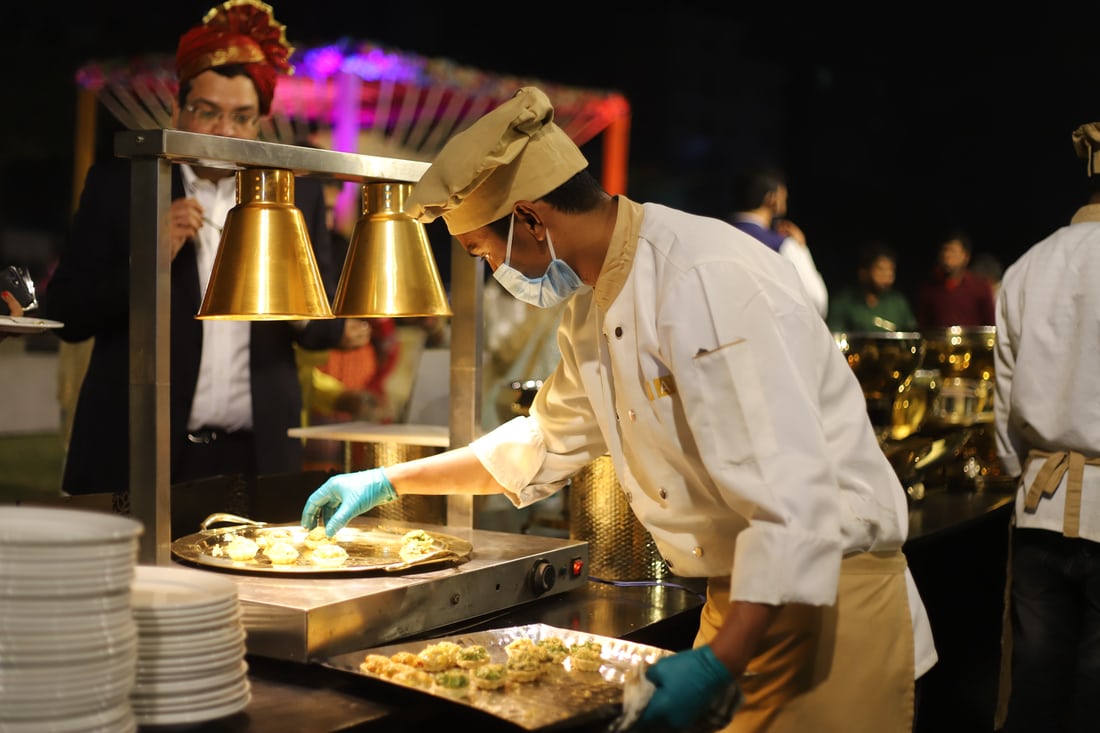As per the guidelines issued by the Central Consumer Protection Authority (CCPA) earlier in July, restaurants and hotels can no longer add service charge to the customer’s bill by default. The move comes with the aim to ward off unfair trade practices and protect the interest of consumers with respect to levying service charges in hotels and restaurants. The guidelines also enlist ways for the consumer to report issues in case they find service charge levied on their bills.
The benchmarks were set to address the increasing grievances registered on the National Consumer Helpline against restaurants and hotels levying service charge in the bill by default, without intimating consumers that settling such charge is voluntary and discretional.
However, the National Restaurant Association of India (NRAI) on 6 July stated that there is no illegality in levying the charge; it is a universally accepted trade practice.
Manish Pandey, Restaurant Manager at Hauz Khas Social, says that the menu card clearly states a 10% service charge will be levied on the bill. “When the customers see the bill and ask us to remove the service charge, we agree. Some people say that we must be devouring the service charge without paying its fair share to the waiters. But we all have a salary slip that mentions contribution from the service charge.”
Saying that the service charge was introduced to replace the tip system, Pandey adds, “From manager to those involved in housekeeping to utility – everyone gets the share. On the other hand, if a customer wants to give a tip, the person serving the customer gets it. Tip is individual, service charge is shared among all.”
He says, “If my salary is Rs 15,000, after the inclusion of service charge, it becomes Rs 22,000. We have to pay rent, educate our children, eat food, and pay for transportation. What will I save, How will I eat?”
On CCPA’s guidelines that state that there is no restriction on hotels or restaurants to set the prices for their food and beverages, Pandey points out that increasing the prices of food items on the menu will attract fewer customers. “If I get 1,000 customers, there would be 990 who would happily pay the service charge. But we will be abiding by the rules”, he concludes.
Kashish Aneja, co-founder of Xero Degrees in Connaught Place, says, “As a brand, we are in favour of the ban because the customer is of utmost priority to us, and we think that they should not be charged unnecessarily. Even without the ban, a lot of people had to go through the embarrassment wherein there was this entire debate around whether restaurants and hotels could actually levy this service charge, and some places started mentioning it in their menu cards.”
Aneja continues, “And when the restaurants would ask the consumer to pay the add-on charge, the consumer would deny. But they couldn’t prove their point because there was nothing official about it as such. Now that there is proper ruling by CCPA, it makes things easier from the consumer’s point of view.”
He believes that the customer should decide if the service was exceptional. He says that back in the day, people used to pay tips like they do in other countries: “it is considered an add-on courtesy.”
On being asked if the new ruling will affect their business, Aneja asserts, “Brands who are in the hospitality industry are not selling their items cost to cost; they have their margins. But as far as the employees are concerned, there were certain restaurants that were following the practice of charging this amount from customers and dividing it among the staff. In such cases, employees will be affected.”
He adds that consumers should be a little more courteous towards the staff and make sure that they tip their servers and stewards whenever they step out if their overall experience has been good enough.
When asked if they are planning to increase the food pricing, Aneja states, “Our USP is that the pricing of our food items is very pocket-friendly, so we are going to stick to that as of now.”
Harsh Sisodia, Manager at Udupi Cafe near ITO, is happy with the government’s initiative and wonders why someone should pay a service charge if they are not happy with the service. “One should only pay when they find the service worthy enough. We remain unaffected with this initiative as we don’t impose any service charge. We take only 5% GST; however, we welcome the step.”
In line with Sisodia’s views was Azra Khan, who is a foodie and enjoys eating out a lot. Financial analyst in a Noida-based company, Khan is very chuffed with the government’s mandate. She says, “I don’t regret paying the service charge whenever I get a decent service at any restaurant.”
However, not having the choice to opt out from paying it bothers her when she doesn’t find the service up to the mark. She recalls one incident where she found a hair in what initially was a tempting, mouth-watering dish of chilli paneer. Although the platter was changed by the restaurant staff, her overall experience was unpleasant.
Aayushi Srivastava, student of class 11, Delhi Public School, welcomes the move as it would mean more savings in her pocket money.
For more stories that cover the ongoings of Delhi NCR, follow us on:
Instagram: instagram.com/thepatriot_in/
Twitter: twitter.com/Patriot_Delhi
Facebook: facebook.com/Thepatriotnewsindia





